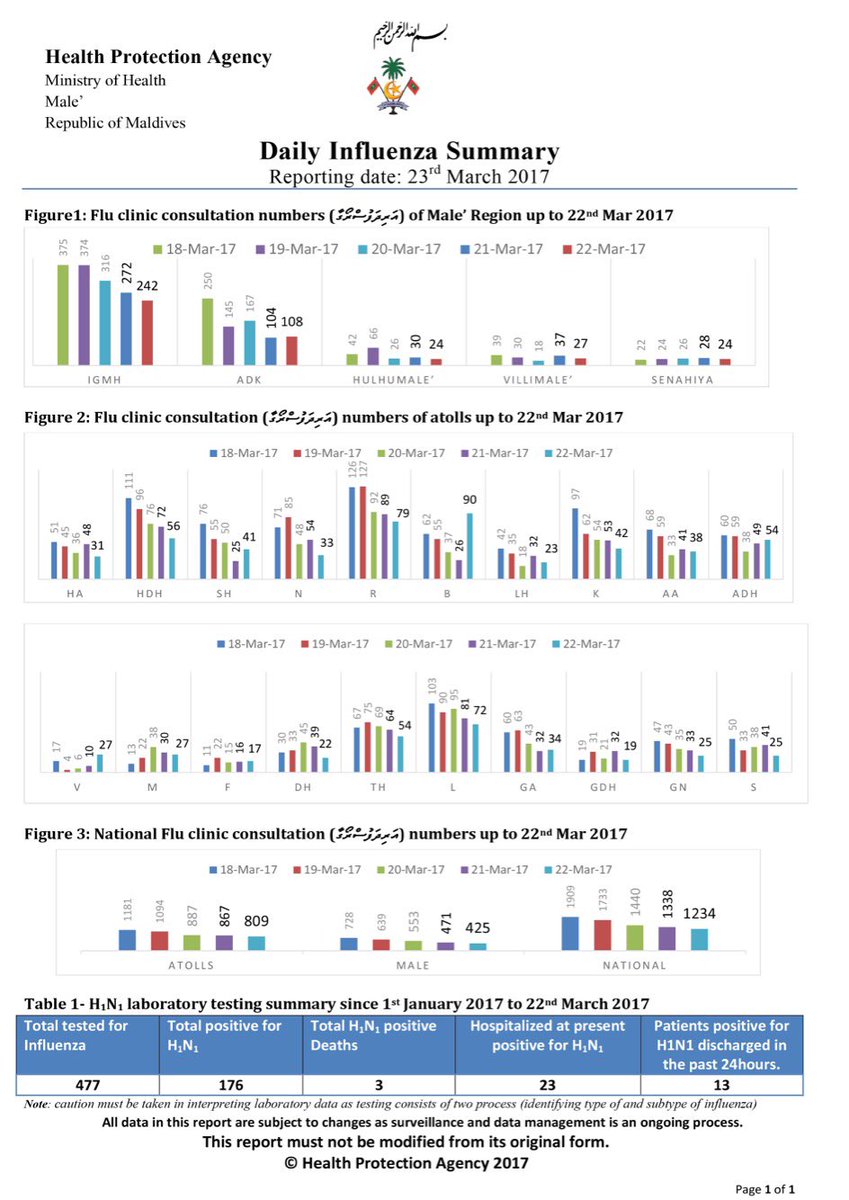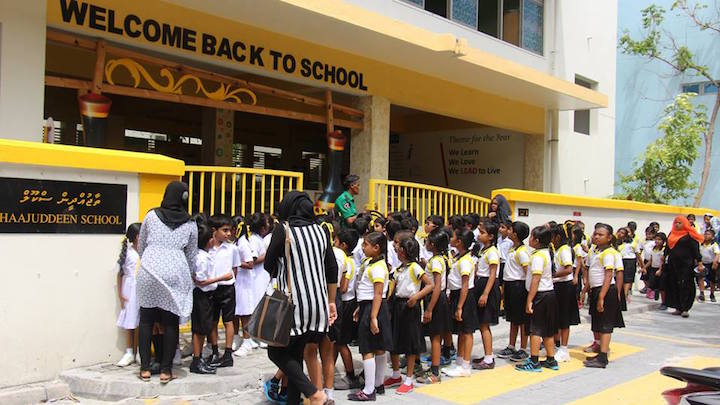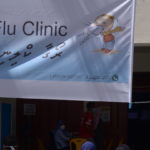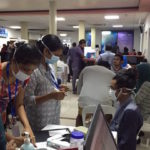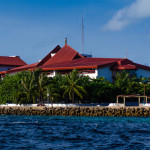The education ministry has announced that schools will reopen nationwide on Sunday after they were closed due to the rapid spread of the H1N1 swine flu virus amid a seasonal outbreak of the flu and viral fever.
Ahead of a week-long mid-term holiday, schools were closed for three days on March 14 on the advice of the health authorities.
The decision to resume the first term was based on “the spread of the flu during the past 10 days and the social situation”, the education ministry said in a statement on Thursday, which also advised parents not to send children to school if they show any sign of influenza or viral fever.
The Maldives National University has also decided to resume regular classes after closing down over the flu outbreak and the Civil Service Commission has asked pregnant mothers to return to work on Sunday.
Government offices, independent institutions, and state-owned companies approved paid leave for pregnant women last week.
The two tertiary hospitals in Malé have meanwhile announced that makeshift flu clinics set up last week will be closing.
The ADK hospital said it decided to close the flu clinic set up at the nearby Sosunge due to the declining number of patients. The private hospital said it has treated 1,695 patients free of charge since March 14.
The government-run Indira Gandhi Memorial Hospital decided to move its 24-hour flu clinic back to the hospital grounds on Friday as the makeshift clinic was set up at the nearby Thajuddeen school.
A special ward was previously set up at the hospital for flu patients that require admission. On Monday, IGMH also temporarily suspended non-emergency surgeries that require admission in the intensive care unit.
According to the latest statistics from the Health Protection Agency, flu clinic consultations nationwide has fallen from a peak of 2,649 on Thursday to 1,234 on Wednesday.
About 3,000 flu and viral fever cases a week were previously reported across the Maldives, but the number of cases rose to about 5,000 a week on average in late February.
The HPA previously explained that since the 2009 pandemic when it was a new strain, the H1N1 “swine flu” virus is now “similar to any other influenza and not any more severe or dangerous.”
Most people who are infected recover in less than two weeks, but children under five years of age, the elderly, pregnant women, and those with chronic conditions such as lung or heart diseases are at risk of developing life-threatening complications like pneumonia.
Three people infected with H1N1 have died this year. Of 477 suspected cases tested as of Wednesday, 176 have tested positive for the H1N1 subtype of influenza A, according to the HPA.
Some 23 patients are hospitalised at present and 13 were discharged on Wednesday.
The two tertiary hospitals in Malé have been vaccinating pregnant women since last week. The vaccine is also available for pregnant women at atoll and regional hospitals.
On Monday, ADK began offering vaccination to cancer patients and people who have had transplants.
On the following day, the HPA announced that the vaccine will be available to cancer patients, people with transplants, patients undergoing treatment for respiratory illnesses, patients undergoing dialysis, and people above 65 years of age with health problems.
The influenza vaccine is available from the government’s Dhamanaveshi clinic and ADK hospital in Malé as well as the Hulhumalé hospital and regional hospitals and health centres in the atolls.
